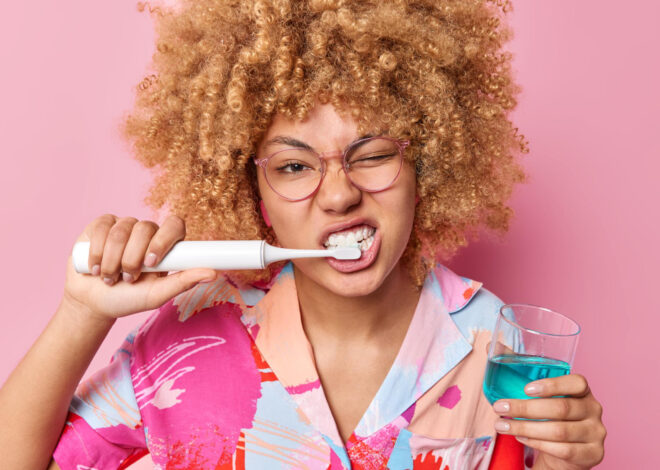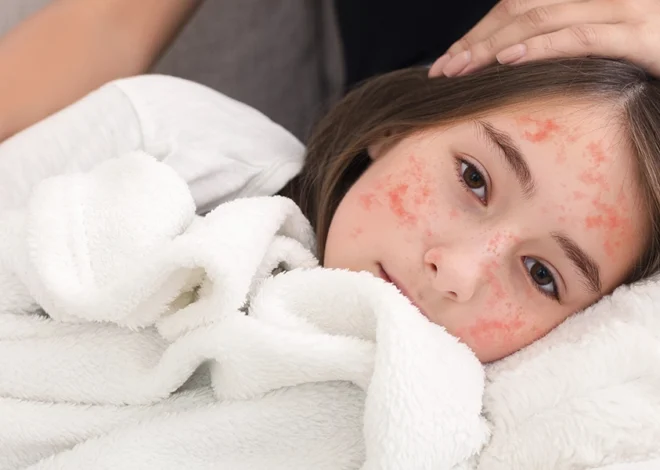You may have outgrown the daily chewable multivitamin tablet, but you never outgrow your need for vitamins. In fact, as you grow older, your body may need even more of some vitamins to help you stay healthy. Women over 50 face special challenges in getting enough of some essential nutrients because of the changes brought on by menopause. They also require some different nutrients because of other changes in their bodies. If you’re approaching 50 or caring for someone who is older, you may need to adjust your diet to add more vitamins or consider taking a daily multivitamin to make sure your getting all the best vitamins for women over 50.
Best Vitamins for Women Over 50
B Vitamins
Two of the best vitamins for women over 50 to pay attention to are B vitamins — B12 and B6 — according to the National Institute on Aging. Vitamin B12, found in red meat, fish and poultry, helps maintain healthy nerve and blood cells. Many older adults have trouble absorbing all the vitamin B12 they need from food because of impaired digestive functioning. Since 1998, the Food and Nutrition Board of the Institute of Medicine has recommended that older adults get their vitamin B12 from fortified food, such as cereals, or in a vitamin supplement.
Women over 50 also need extra vitamin B6, which helps your body break down protein, make red blood cells and regulate serotonin, norepinephrine and melanin in your body. It also helps control the levels of homocysteine — an amino acid which may be associated with heart disease. Meat, eggs and legumes are good sources of vitamin B6, as are leafy green vegetables, such as spinach and kale.
Vitamin D and Calcium
Nearly half of all women over 50 will break a bone due to osteoporosis, according to the National Institute of Arthritis and Musculoskeletal and Skin Diseases. Adequate amounts of vitamin D and calcium can help prevent osteoporosis. Vitamin D helps your body transform dietary calcium into a form that it can use. It may also help prevent falls in older women, according to MedlinePlus, which states that taking a vitamin D supplement reduces the falls in older adults by 22 percent. Dietary sources of vitamin D include egg yolks; saltwater fish, such as herring, sardines and tuna; and foods fortified with vitamin D, such as milk and fruit juices. Your body also manufactures vitamin D if you get enough sunlight — about 15 minutes a few times a week without sunscreen, according to NIAMSD.
Antioxidant Vitamins
The antioxidant vitamins — A, C and E — get a lot of attention from researchers and manufacturers of products for senior women. All three vitamins seem to play a role in the prevention of aging. You’ll find them in skin creams, anti-aging serums and other products aimed at women over 50. They may also help prevent diseases that are more prevalent among older people, including cancer and heart disease, though the research is still inconclusive. Fresh fruits and vegetables, especially leafy green vegetables and citrus fruits, contain high levels of vitamin C and vitamin A. Wheat germ, nuts and nut oils are good sources of vitamin E.
Multivitamin
If you take a daily multivitamin supplement, choose one that is designed for adults over 50, suggests nutritionist Sharon Coplin on the University of Cincinnati’s Net Wellness website. Multivitamins designed for older adults take into account the fact that post-menopausal women need less iron. They also include more calcium and higher doses of vitamins B12, B6, C and E.





